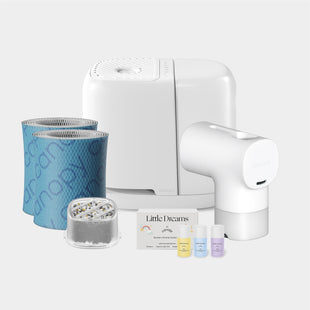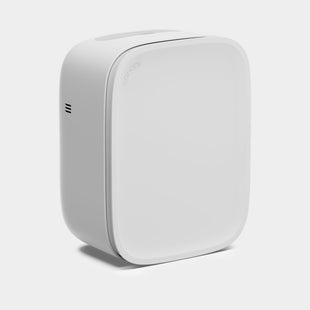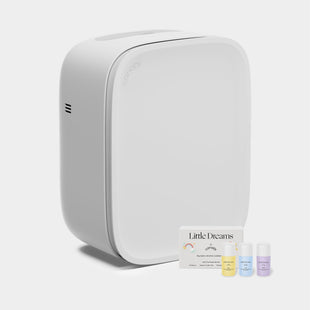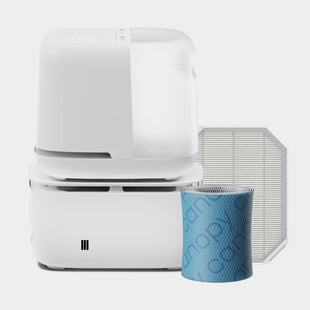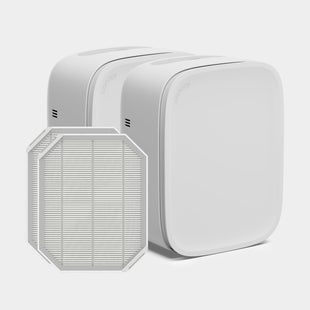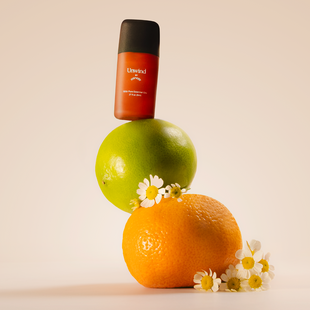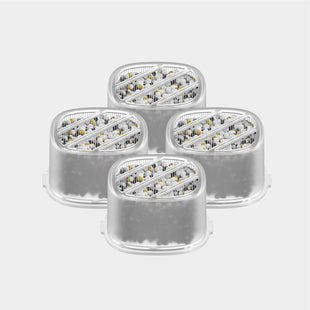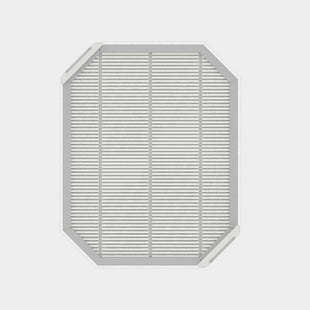If you feel like your eczema worsens in the winter weather, it’s most likely true. People who experience eczema are likely to see an uptick in symptoms during the colder months. Here’s a look into what’s behind the phenomenon and what you can do to control flare-ups.
Why Does Winter Trigger Eczema Flare-Ups?
Your eczema winter rash may be worse than in any other season due to a number of factors. First, as the winter air becomes colder, it’s not able to retain a lot of moisture. This can cause the skin to become excessively dry, which is a common trigger for eczema flare-ups.
Next, exposure to rapid temperature changes, such as going in and out of the house, can also dry skin. If you take hot showers or baths to warm up, you could be further exacerbating your eczema winter rash, as the skin will become even drier afterward. Finally, itchy wool sweaters and other heavy fabrics can also irritate the skin and cause a flare in symptoms.
What Can You Do About Eczema in Winter?

Fortunately, there are several steps you can take to control your seasonal eczema symptoms. While especially severe symptoms warrant a call to your dermatologist, there are a few home remedies you can try to tame milder cases.
Moisturize
The right moisturizer can maintain your skin’s protective barrier while delivering hydration. Look for a product that contains humectants, emollients, and occlusive ingredients to build up the skin barrier and lock in moisture.
Humectants, like glycerin and hyaluronic acid, draw water from the air and deeper layers of the skin. Emollients are fatty acids, alcohols, and ceramides that smooth and strengthen the skin’s natural barrier. Occlusives create a barrier on the skin that helps it retain moisture. Look for petroleum, mineral oil, lanolin, silicones, or beeswax in ingredient lists—these are all known occlusives.
Keep a Consistent Temperature
Winter eczema on hands is a common complaint among many people with sensitive skin. While most of the body is covered up in the cold, the hands are often exposed to the temperature changes that can lead to dryness. Retain warmth and moisture by wearing gloves or mittens before leaving the house, and only take them off once you’re back inside.
Avoid Irritating Fabrics
Fabrics most associated with eczema flare-ups include wool and synthetic materials, like nylon and polyester. These often lead to overheating and irritation. Even if you need heavier layers, reach for clothing made of bamboo and pure cotton as skin-friendly alternatives.
Take Shorter Showers
A long, hot shower may sound tempting on a cold day, but aim to take short, warm ones, if possible. Doing so will reduce the amount of time your skin is exposed to hot water, which can help prevent dryness.
Boost Indoor Humidity
Indoor humidity is often far too low during the winter months. In fact, most homes have a humidity level of just 10% in colder temperatures, despite the fact that the recommended humidity level for homes is between 40% and 60%. When the air is that dry, the skin loses water faster than it can replenish it, leading to dry, irritated skin and increased eczema flare-ups.
Running a humidifier is the simplest way to boost the humidity of your indoor air. Using humidifiers for eczema is an effective approach because it addresses one of the root causes of dryness instead of simply addressing symptoms. As winter temperatures drop, the air is less able to retain moisture, even inside. Humidifiers put moisture back into the air, helping to prevent dry skin.
For best results, start by running your humidifier at night in your bedroom. This will allow you to enjoy the benefits of several hours of boosted humidity.
Canopy’s Auto Mode can achieve and maintain optimal humidity levels in your home without any need for manual adjustments. Our original humidifier is ideal for bedside tables, while the larger Humidifier Plus will keep spaces up to 1,000 square feet properly hydrated.









